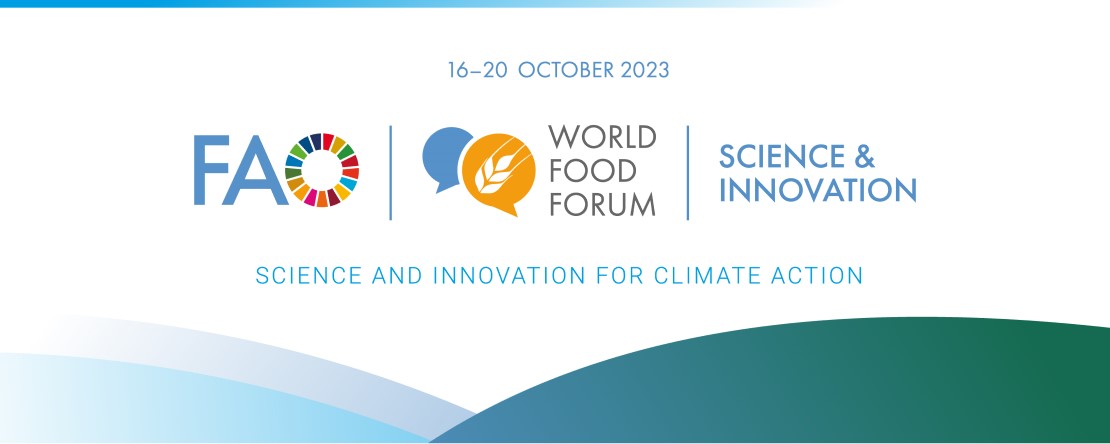
Animal source food alternatives: What are they and what does the science say about the human and planetary health benefits and risks?
Based on a scoping review by the Food and Agriculture Organization of the UN, this highly interactive session will highlight current evidence gaps and research priorities on animal source food alternatives. The speakers will formulate central ideas for a unified approach in categorization, research and innovation with the aim to better assess the benefits and risks of animal source food alternatives (including nutrition, health, environmental, economic, social and cultural).
Speakers
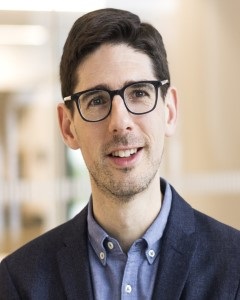
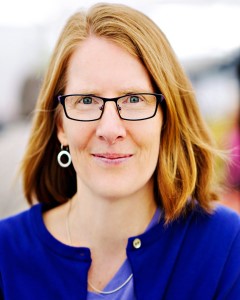
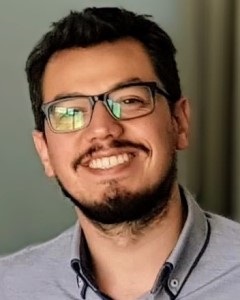
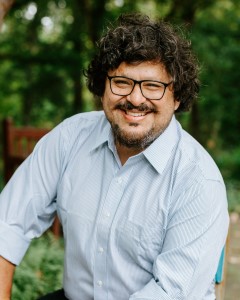
Dr Jeremy Brice is Lecturer in Sustainability and Innovation at the University of Manchester, where he works with both the Sustainable Consumption Institute and the Manchester Institute of Innovation Research. His research examines the governance of ethics, risk and environmental change within global food supply networks and explores the role of technological and financial innovation in shaping transitions towards more sustainable agri-food systems. Jeremy has led research and consultancy projects funded by the Economic and Social Research Council, the British Academy, the UK Food Standards Agency and the European Parliament’s Committee on the Environment, Public Health and Food Safety.
Jennifer Clapp is a Canada Research Chair in Global Food Security and Sustainability and Professor in the School of Environment, Resources and Sustainability at the University of Waterloo. She has published widely on the global governance of problems that arise at the intersection of the global economy, food security, and the natural environment. Professor Clapp is currently Vice-Chair of the Steering Committee of the High-Level Panel of Experts on Food Security and Nutrition (HLPE-FSN) of the UN Committee on World Food Security (CFS), a member of the International Panel of Experts on Sustainable Food Systems (IPES-Food), and a member of the Scientific Advisory Committee of the UN Food Systems Coordination Hub.
He holds a Master in Management and Public Policies, Nutritionist, and studying Industrial Civil Engineering. He has worked in the design, implementation, and management of several regulatory public policies on nutrition in Chile, such as the Law on Nutritional Composition of Food and its Advertising, the Healthy Tax Reform, and others. He is also the national coordinator of the Codex Alimentarius Committee on Nutrition and Foods for Special Dietary Uses and Deputy National Coordinator of the Codex Committee on Food Labeling.
He has formed the Chilean delegation for several international forum, such as PAHO/WHO, APEC, Pacific Alliance, UNASUR, Codex Alimentarius, Mercosur, OECD, and others.
Mario Herrero is a professor of sustainable food systems and global change in the Department of Global Development, a Cornell Atkinson Scholar, and a Nancy and Peter Meinig Family Investigator in the Life Sciences. His research focuses on increasing the sustainability of food systems for the benefit of humans and ecosystems. He has played senior roles in many global initiatives on food and the environment and is currently a Commissioner and Executive Committee member of the EAT-Lancet 2.0 study. Mario is in the top 10 of Reuters list of most influential climate change scientists. He obtained his postgraduate degrees from the University of Edinburgh in Scotland.
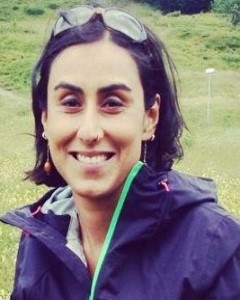
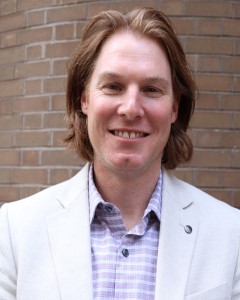
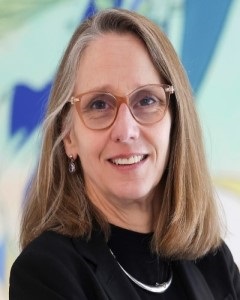
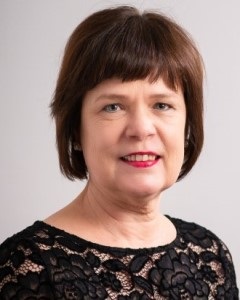
Chris Marinangeli has a PhD in human nutrition sciences and is a registered dietitian. He is a scientist and food industry professional with experience across consumer-packaged goods and the Canadian agricultural sector. He is currently Director of the Regulatory Centre of Excellence at Protein Industries Canada. He has held senior positions at Pulse Canada, and Kellogg Canada. Chris is experienced at leveraging human nutritional sciences to address knowledge gaps that create new opportunities for sectoral differentiation and growth. He is also a recognized expert in national and international food regulations.
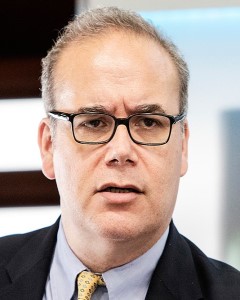
Mr. Maximo Torero Cullen is the Chief Economist of the Food and Agriculture Organization (FAO). He joined the Organization in January 2019 as Assistant Director-General for the Economic and Social Development Department. Prior to joining FAO, he was the World Bank Group Executive Director for Argentina, Bolivia, Chile Paraguay, Peru and Uruguay since November 2016 and before the Bank Mr. Torero led the Division of the Markets, Trade, and Institutions at the International Food Policy Research Institute (IFPRI).
His major research work lies mostly in analyzing poverty, inequality, importance of geography and assets (private or public) in explaining poverty, and in policies oriented towards poverty alleviation based on the role played by infrastructure, institutions, and on how technological breakthroughs (or discontinuities) can improve the welfare of households and small farmers. His experience encompasses Latin America, Sub-Saharan Africa, and Asia.
